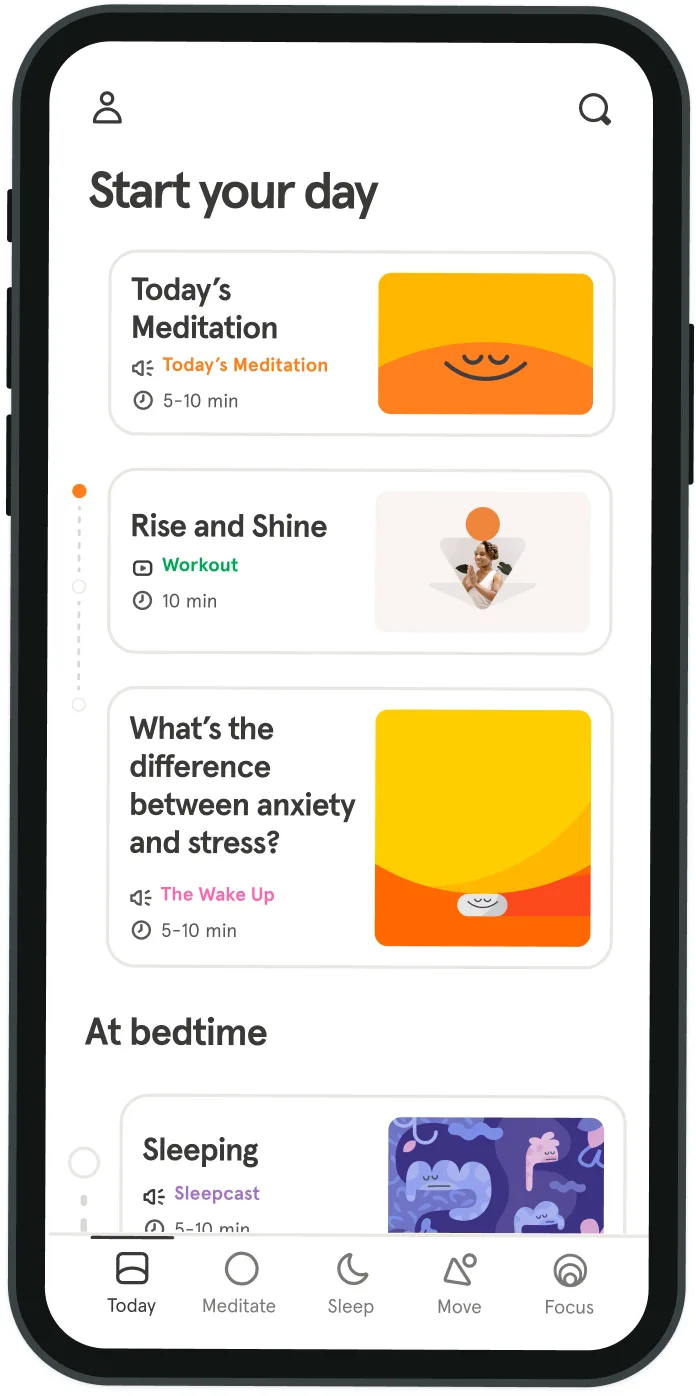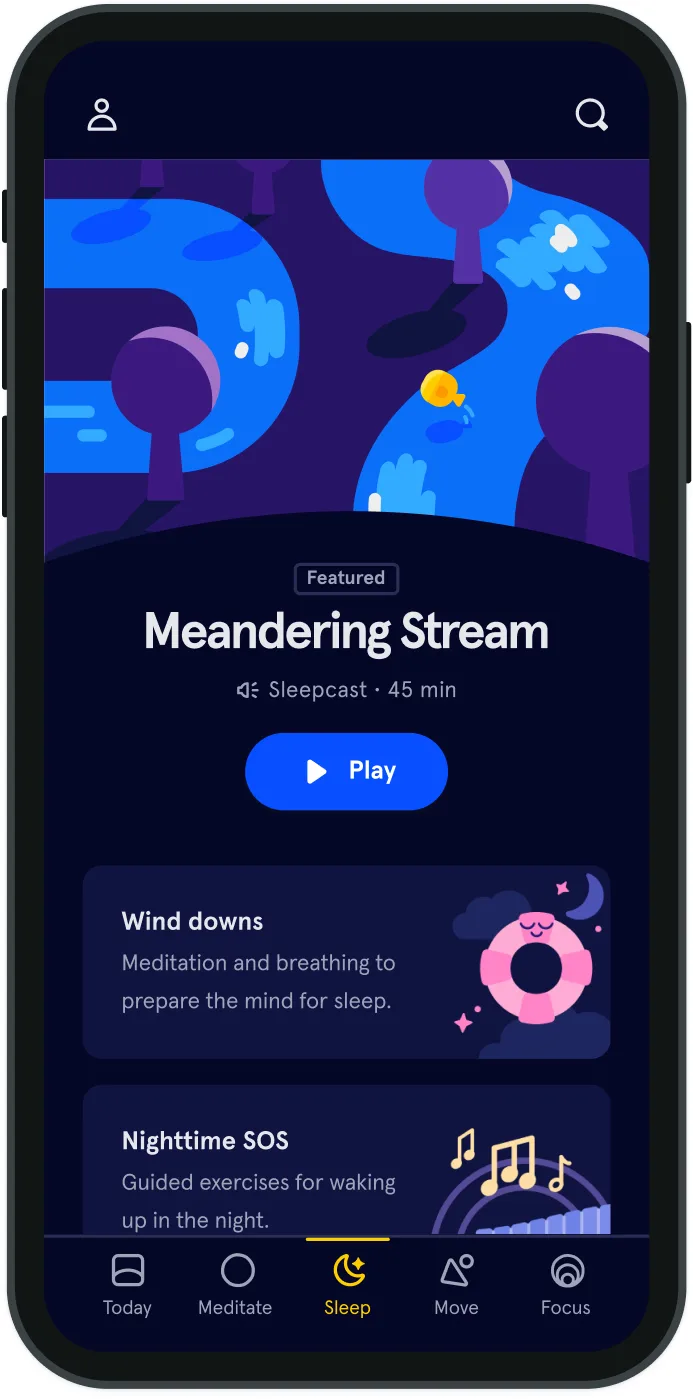How to sleep beautifully
If you skim through any of the glossies or browse beauty websites, chances are you’ll find an article or two on ‘beauty sleep.’ The reason? All-nighter-induced puffy, bloodshot eyes, dark circles and lackluster skin provide a good reason to reach for the arsenal of serums, lotions and potions that serve as a quick fix. But by focusing on sleep’s role on ‘beauty,’ this information dismisses the critical role that sleep plays on the function of our largest organ - the skin.
If you skim through any of the glossies or browse beauty websites, chances are you’ll find an article or two on ‘beauty sleep.’ The reason? All-nighter-induced puffy, bloodshot eyes, dark circles and lackluster skin provide a good reason to reach for the arsenal of serums, lotions and potions that serve as a quick fix. But by focusing on sleep’s role on ‘beauty,’ this information dismisses the critical role that sleep plays on the function of our largest organ - the skin.
Sleep deprivation, skin deprivation
A lack of sleep causes a host of issues throughout the mind and body. On the skin, it’s reflected as an impaired barrier, more inflammation and, yes, premature aging. Stress, jet lag and other factors that reduce sleep can result in higher cortisol levels, which then trigger or worsen acne and other inflammatory conditions. One bout of jet lag can cause cortisol hormone imbalance, which takes up to two weeks to return to normal.
As a frequent traveler, I am mindful of these effects of sleep, not just on my mind, but also on my skin, which often reflects brain health. For any frequent traveler, the take-away is: get enough sleep on the ground, wear sunscreen to protect skin from cosmic radiation (window-seat lovers and pilots, beware), and stay hydrated.
And remember, the skin’s time-keeping machinery is synced with daylight and your sleep/wake cycle. When you mess with the circadian rhythm, you mess with all the cellular functions of the body - and that can have devastating effects. With all the new science regarding the impact of sleep on skin function, I think it’s safe to say that the term ‘beauty sleep’ is far more important that it implies.
---
For more on the brain-skin connection, stay tuned for Dr. Claudia’s upcoming TED talk at TEDxUCLA. If you have trouble sleeping then practising mindfulness meditation can help. Download the Headspace app for free and try our Take10 series today.
Our skin acts as the interface between our bodies and the environment. It has to be expertly equipped to deal with nature’s patterns, fine-tuning itself to changes in temperature, UV, light and humidity, while preventing pathogens from entering and moisture from evaporating. It can only do this if it has a sense of ‘time,’ however, and this is the key to the skin’s own rhythmic patterns. But does the skin really keep time?
Tick tock, tick tock
We know about our body’s internal clock, but did you know that your skin has a clock of its own? As life evolved on planet Earth, many of its inhabitants developed a system that synced their organism with the earth’s rotation around its axis, and thus the night/day 24 hour cycle. These clocks are pretty universal; you can find a time-keeping system in organisms from cyanobacteria to plants to fungi to vertebrates like us. You might have heard that we have a ‘master clock’ in the brain that controls our circadian rhythms. This master clock is actually a group of nerve cells located in the suprachiasmatic nucleus, an area of the brain just above where the optic nerves cross. But this is where it gets wild - recent scientific discoveries have uncovered a separate clock mechanism in skin cells.
The oscillators found in skin cells, like the pigment-producing melanocytes, the collagen-producing fibroblasts and even stem cells, coordinate with each other and the brain’s central clock to drive rhythmic functions in the skin. Circadian variations affect all skin functions: from barrier recovery and sebum secretion to hydration levels and cell renewal.
Night and day
During the day, your skin is is busy warding off intruders and protecting the body from UV damage and oxidation (pollution). At night, while you sleep, the skin (just like the brain) goes into repair-mode, growing new skin cells, deleting damaged ones, and bringing fresh blood to the surface for cycling oxygen and nutrients. Sebum (oil) production peaks in the afternoon - take a look at your T-Zone right after lunch and you may see anything from an extra sheen to a downright oil spill. Trans-epidermal water loss (think: dehydration) peaks at night, so it’s best to layer on an extra level of protection to keep your skin from drying out while you sleep, especially in low humidity climates and during the fall/winter. Then there’s melatonin: apart from making you sleepy, it is also a powerful antioxidant, especially effective at preventing UV-induced damage. The morning sun makes skin especially susceptible to skin cancer, when skin’s DNA-repairing defenses are down.
Sleep deprivation, skin deprivation
A lack of sleep causes a host of issues throughout the mind and body. On the skin, it’s reflected as an impaired barrier, more inflammation and, yes, premature aging. Stress, jet lag and other factors that reduce sleep can result in higher cortisol levels, which then trigger or worsen acne and other inflammatory conditions. One bout of jet lag can cause cortisol hormone imbalance, which takes up to two weeks to return to normal.
As a frequent traveler, I am mindful of these effects of sleep, not just on my mind, but also on my skin, which often reflects brain health. For any frequent traveler, the take-away is: get enough sleep on the ground, wear sunscreen to protect skin from cosmic radiation (window-seat lovers and pilots, beware), and stay hydrated.
And remember, the skin’s time-keeping machinery is synced with daylight and your sleep/wake cycle. When you mess with the circadian rhythm, you mess with all the cellular functions of the body - and that can have devastating effects. With all the new science regarding the impact of sleep on skin function, I think it’s safe to say that the term ‘beauty sleep’ is far more important that it implies.

Circadian variations affect all skin functions: from barrier recovery and sebum secretion to hydration levels and cell renewal.
Dr. Claudia Aguirre


Be kind to your mind
- Access the full library of 500+ meditations on everything from stress, to resilience, to compassion
- Put your mind to bed with sleep sounds, music, and wind-down exercises
- Make mindfulness a part of your daily routine with tension-releasing workouts, relaxing yoga, Focus music playlists, and more
Meditation and mindfulness for any mind, any mood, any goal
- © 2024 Headspace Inc.
- Terms & conditions
- Privacy policy
- Consumer Health Data
- Your privacy choices
- CA Privacy Notice
